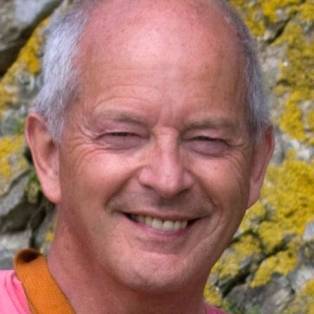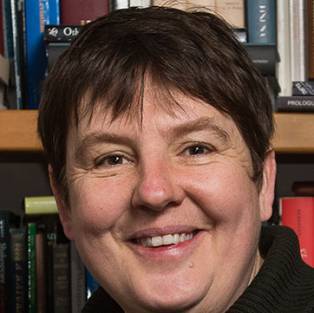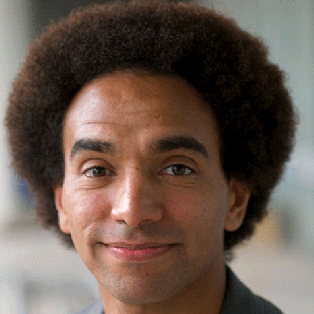{related_entries id="evnt_auth_1"} {/related_entries}, {related_entries id="evnt_auth_2"} {/related_entries} and {related_entries id="evnt_auth_3"} {/related_entries} talk to {related_entries id="evnt_chair"} {/related_entries}
Aftershock: Soldiers Surviving Peace
Monday 4 April 2016
5:00pm
1 Hour
Duration{related_entries id="evnt_loca"}Aftershock: Soldiers Surviving Peace{/related_entries}
Venue£12
Ticket priceSecond World War veteran Victor Gregg, his co-author Rick Stroud and war correspondent Matthew Green discuss the difficulties faced by soldiers as they struggle with traumatic memories of war.
Gregg joined the British Army in 1937 and served in Palestine and North Africa before fighting at the Battle of Arnhem and then surviving the bombing of Dresden as a prisoner of war. In the third part of his autobiographical trilogy, co-written with Stroud, Soldier, Spy: A Survivor’s Tale, he tells how he made his way back to Britain at the end of the war and of his struggles with the traumatic memories of wartime experiences.
Green has reported from more than 30 countries for the Financial Times and Reuters including a spell embedded with US marines during the 2003 invasion of Iraq and time with UN forces in Afghanistan. In his book Aftershock, the Untold Story of Surviving Peace, he tells the story of veterans who have returned home after combat. Green interviewed soldiers, members of their families and medical professionals and asks why people who have been so well trained to fight find themselves ill-prepared for peace.
Stroud is an Emmy-winning writer and television director who has worked with the likes of Pierce Brosnan, John Hurt and Joanna Lumley. He is the author of The Book of the Moon and The Phantom Army of Alamein: How the Camouflage Unit and Operation Bertram Hoodwinked Rommel.
Here they talk to military historian Andy Robertshaw.

__main.jpg)



